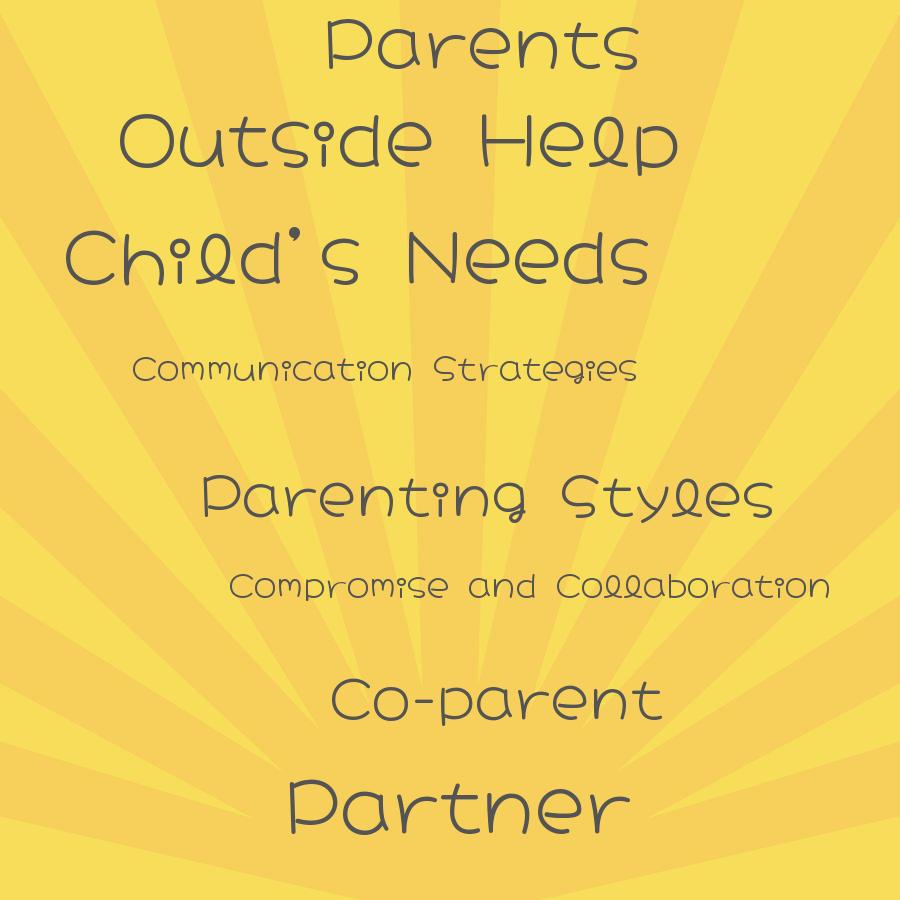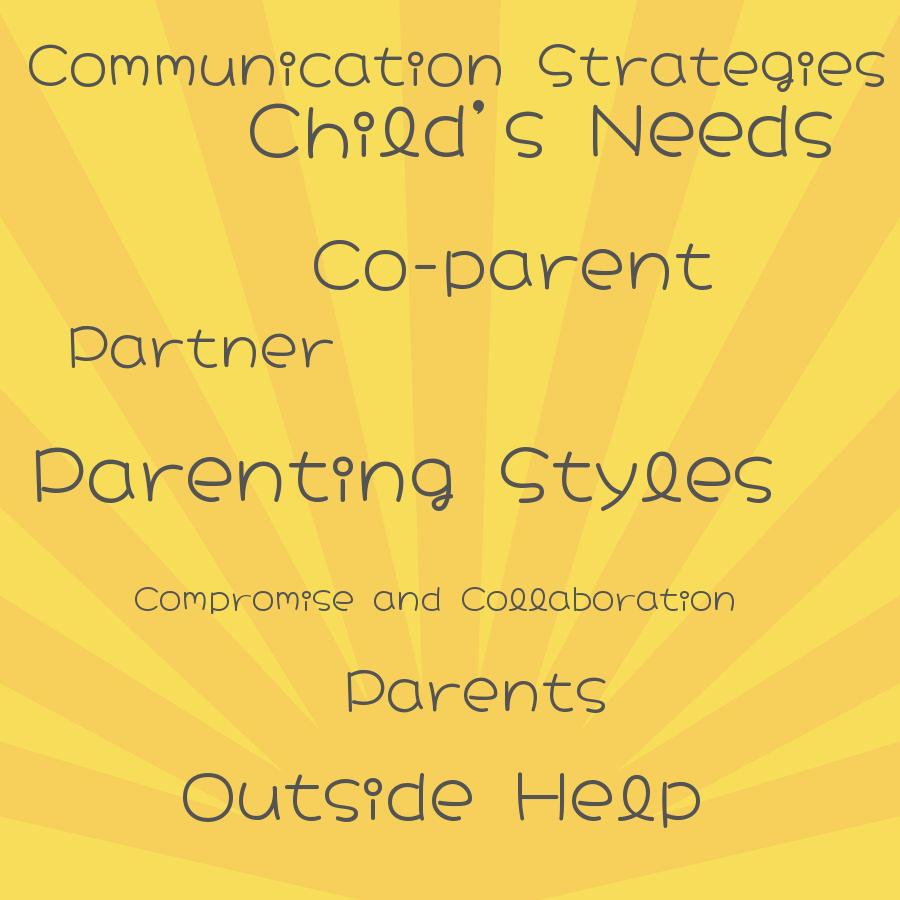Parents can handle disagreements on parenting styles with their co-parent or partner by actively listening to each other’s perspectives, finding common ground, and compromising on a solution that works for both parties. It’s important to communicate respectfully and avoid making assumptions or attacking the other person’s beliefs.
As a mother of two young children, I have had my fair share of disagreements with my husband on parenting styles. Whether it’s about discipline, screen time limits, or even what foods to feed our picky eaters, we often find ourselves on opposite sides of the spectrum.
It can be frustrating and exhausting to constantly argue and try to convince each other that our way is the right way.
But as I talked to other parents in similar situations, I realized that we are not alone in this struggle. Many couples face disagreements on parenting styles and it can cause tension in their relationship.
So how do they handle these conflicts? Do they compromise? Or does someone always have to give in?
In this article, we will explore different approaches that parents take when faced with differing opinions on parenting styles with their co-parent or partner. From communication strategies to seeking outside help, let’s dive into the world of parenting disagreements and find some solutions together.
Here You Will Learn:
Communication Strategies


One of the most important aspects of handling disagreements on parenting styles with your co-parent or partner is communication. It’s essential to have open and honest conversations about your beliefs, values, and expectations when it comes to raising children.
For my husband and me, we found that setting aside time each week to discuss any issues or concerns we had was helpful. We would sit down after the kids went to bed and talk through our differences calmly without interrupting each other.
Another effective communication strategy is active listening. This means truly hearing what the other person has to say without judgment or interruption.
It can be challenging at times, especially if you strongly disagree with their perspective but taking a step back and trying to understand where they’re coming from can help find common ground.
It’s also crucial not only for parents but also for children that both parents present a united front in front of them even if they don’t agree on everything behind closed doors. Children need consistency in discipline methods; otherwise, it may lead them into confusion about what behavior is acceptable.
Good communication skills are vital when dealing with parenting disagreements between partners as it helps build trust while finding solutions together rather than against one another which could cause more harm than good in the long run
Compromise and Collaboration
One approach that many parents take when faced with disagreements on parenting styles is compromise and collaboration. This involves finding a middle ground where both parties can feel heard and respected.
For example, my husband and I had differing opinions on how much screen time our kids should have. He believed in limiting it to an hour a day while I thought they could have more if they finished their homework first.
After some discussion, we compromised by allowing them two hours of screen time per day but only after completing all their tasks for the day.
Compromise requires active listening, empathy, and understanding from both sides. It’s important to acknowledge each other’s concerns without dismissing them outright or becoming defensive.
Collaboration also plays a crucial role in this process as it allows parents to work together towards common goals for their children’s well-being. By collaborating on decisions such as discipline methods or bedtime routines, co-parents can create consistency across households which ultimately benefits the children involved.
Compromise and collaboration are effective strategies that allow co-parents to navigate disagreements on parenting styles successfully while maintaining healthy relationships with one another.
Seeking Outside Help
When my husband and I were struggling to find common ground on certain parenting issues, we decided to seek outside help. We turned to a family therapist who specialized in working with parents.
It was one of the best decisions we made for our relationship and our family.
The therapist helped us identify the root causes of our disagreements and provided us with tools to communicate more effectively. She also gave us strategies for finding compromise that worked for both of us.
Seeking outside help can be beneficial in many ways. A neutral third party can provide an objective perspective on the situation, which can be helpful when emotions are running high.
They may also have experience working with other couples facing similar challenges, giving them insight into what has worked well in those situations.
There are many resources available for parents seeking outside help including therapists, counselors or even online support groups where you can connect with other parents going through similar struggles.
Remember that it’s okay to ask for help when you need it – parenting is hard work! Seeking guidance from a professional or support group doesn’t mean you’re failing as a parent; rather it shows your commitment towards creating a healthy co-parenting relationship that benefits everyone involved – especially your children!
Prioritizing the Child’s Needs
When it comes to parenting disagreements, it’s important to remember that the ultimate goal is to prioritize the child’s needs. As parents, we want what is best for our children and sometimes that means compromising on our own beliefs or preferences.
For example, my husband and I had different ideas about how much screen time was appropriate for our kids. While I believed in limiting their exposure as much as possible, he thought a little bit of TV or tablet time wouldn’t hurt them.
We both had valid points but ultimately decided to meet in the middle by setting specific times during the day when they could watch their favorite shows. It can be difficult to put aside personal opinions and egos but keeping your child’s well-being at heart can help make those tough decisions easier.
By prioritizing your child’s needs over your own desires or beliefs, you are showing them that compromise and communication are important skills in any relationship – even between parents!
Understanding Each Other’s Perspectives
One of the first steps in handling disagreements on parenting styles with your co-parent or partner is to understand each other’s perspectives. It can be easy to get caught up in our own beliefs and opinions, but taking the time to listen and empathize with our partner can go a long way.
For example, my husband and I had differing views on how much screen time was appropriate for our children. He believed that it was okay for them to watch TV or play video games for an hour every day, while I thought that any screen time should be limited as much as possible.
Instead of immediately dismissing his opinion or getting defensive about mine, we sat down and talked about why we held these beliefs. My husband explained that he felt like some screen time helped him unwind after work and he wanted our kids to have a similar outlet.
On the other hand, I shared my concerns about their health and development if they spent too much time staring at screens.
By understanding each other’s perspectives better, we were able to find common ground – limiting their daily screen-time allowance but allowing them some leeway during weekends when there are no school activities scheduled.